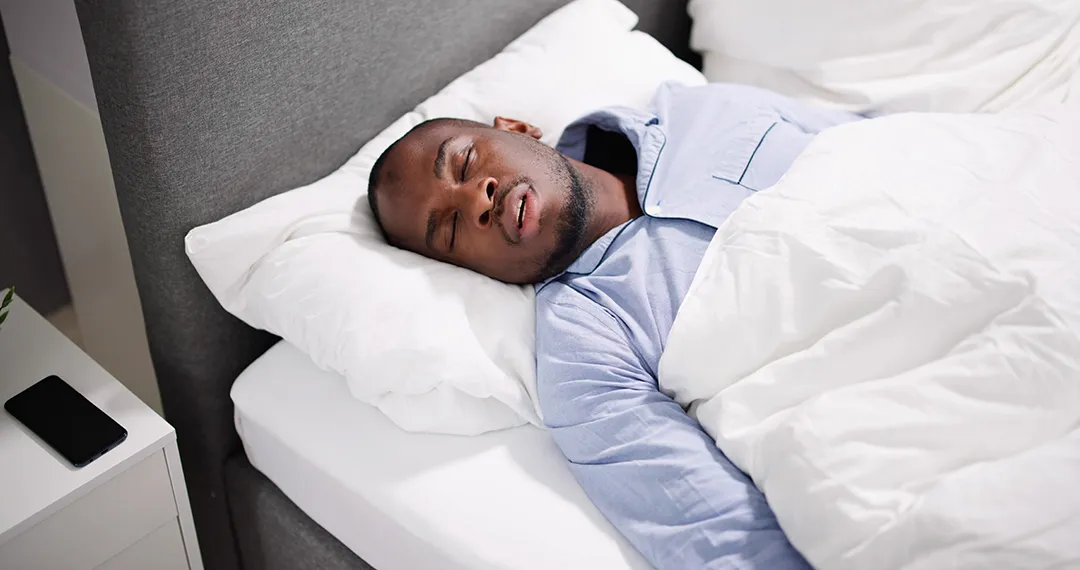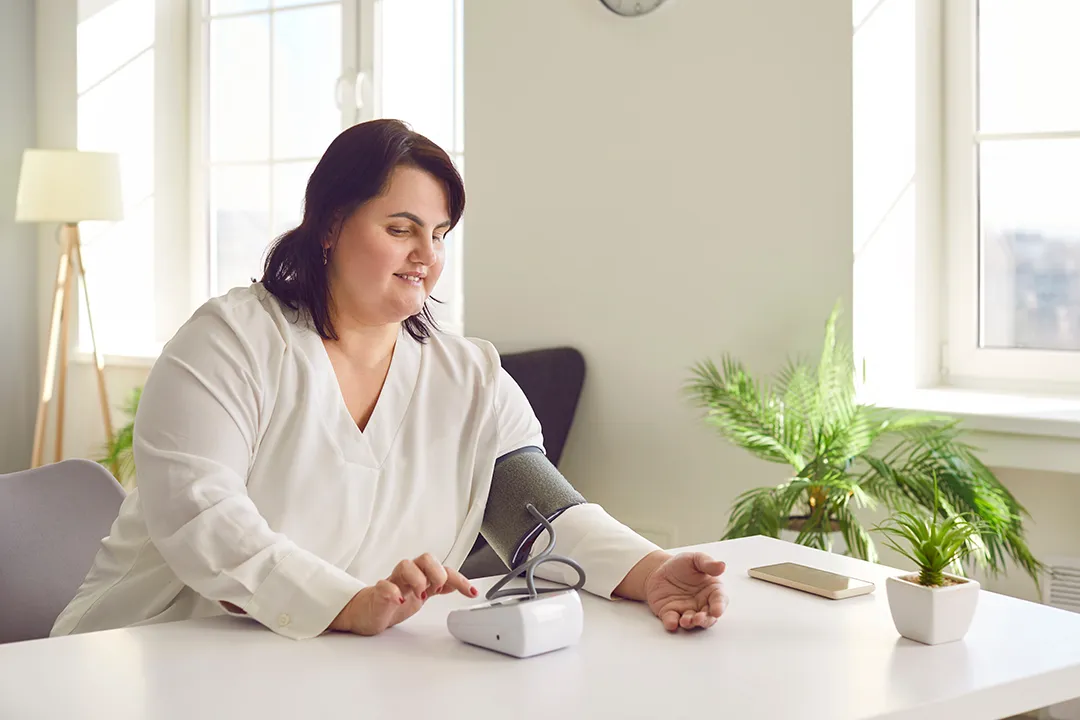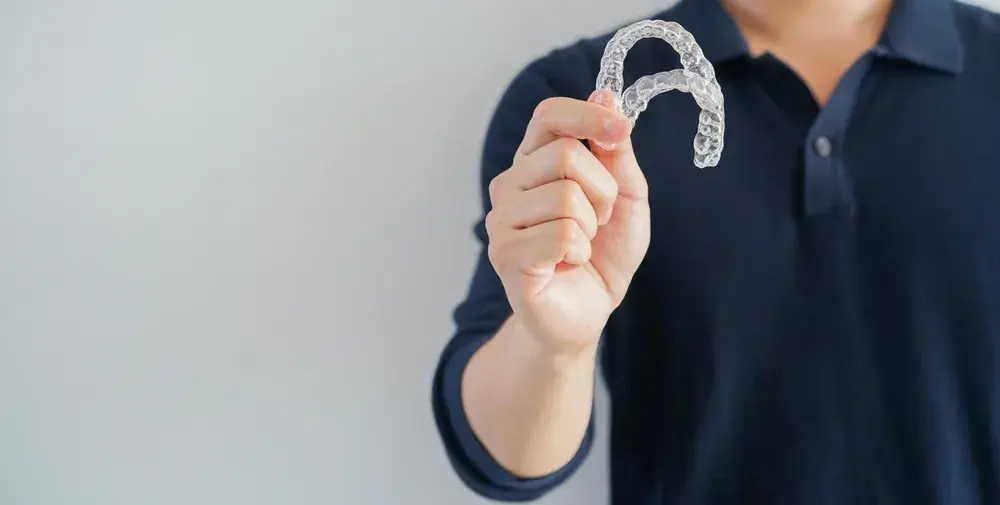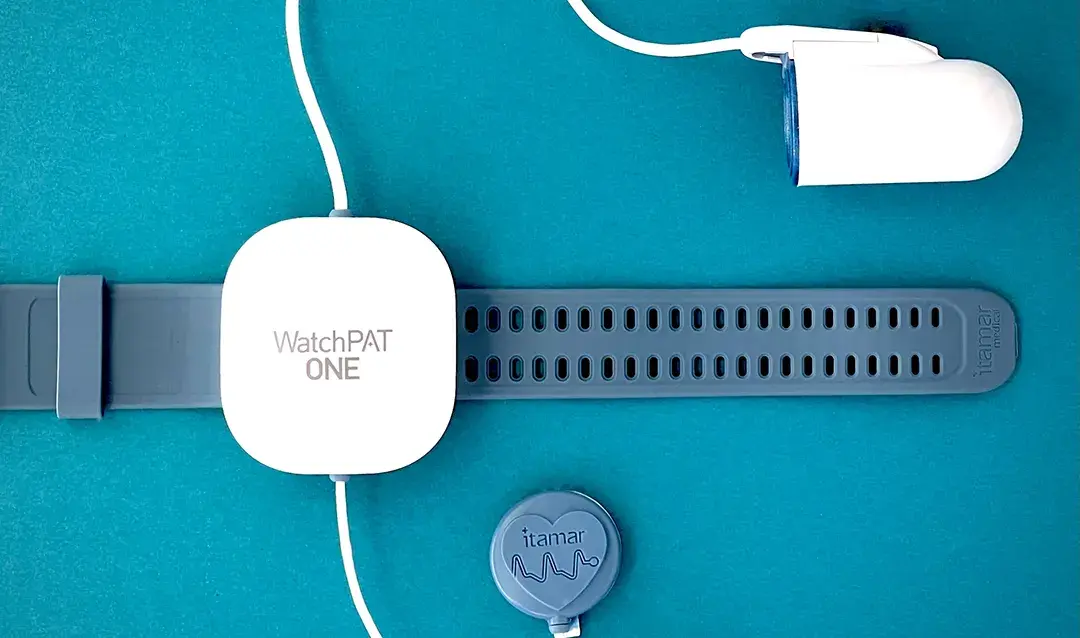Snoring and Sleep Apnea: How Are They Related?
Are you snoring or dealing with sleep apnea? Get informed about the distinctions and why those differences matters for your health.

Let’s lay out all the cards on the table: snoring isn’t the same thing as sleep apnea, but snoring can be a strong indicator that you do, in fact, have sleep apnea.
This is something my patients tend to be confused about, and rightfully so. They come to me either being certain that they have sleep apnea because they snore, or they think that their snoring is just snoring, and they can’t be bothered with thinking that it might indicate a more serious condition. That said, both of these folks have something to learn.
Well, what is snoring, exactly?
The first thing you need to know is that your muscles relax when you sleep - this keeps you from acting out your dreams. When you snore, it’s because that relaxation is also affecting your airway, causing it to become more narrow. As a result, the snoring sound you hear is the walls of your airway (usually your uvula and soft palate) vibrating because the air is facing greater resistance against a smaller airway.
If you’ve ever let the air out of a balloon, you understand how this works: if you pinch the opening to make it more narrow, it gets louder.
Ok, but what’s making me snore?
Anything that makes your airway more narrow, and that’s a long list:
Obesity causes weight gain everywhere, including around the neck. When you lay down to speep, that additional mass puts pressure on your airway.
Anatomical issues like the length of your soft palate or large tonsils can make your airway smaller than normal to begin with.
Nasal blockage can occur due to allergies, sinus infections, and the like.
Sleeping on your back with your face up can make soft tissues like your tongue collapse backward.
Alcohol or sedating medications have a tendency to make the relaxation effect worse.
Aging is associated with decreased muscle tone, and that affects the airway as well.
Smoking irritates your airway and causes inflammation, which makes the airway more narrow.
And how is sleep apnea different from snoring?
Sleep apnea is basically what happens as your snoring gets worse. If your airway gets small enough, your breathing will either be very shallow or stop entirely. When that happens for at least ten seconds and your oxygen drops as a result, we call that an “apnea.” If you have enough apneas happening every night, it becomes sleep apnea.
It’s like that balloon - as the opening gets smaller, it eventually closes completely and no air is getting through. Please note: what I’m describing is “obstructive” sleep apnea, not “central” sleep apnea, which is a condition that stops your breathing in other ways. In any case, obstructive sleep apnea is the most common type.
How bad should my snoring be before I get checked out?
If you understand the whole concept of airway narrowing we’ve talked about so far, and that it occurs along a spectrum (with sleep apnea at its furthest end), you’ll realize why any level of snoring is a good enough reason to get tested if it’s combined with symptoms like daytime tiredness. If a bed partner is telling you that you also choke, gasp, or stop breathing while you sleep, that’s even more incentive.
Unfortunately, without having a sleep study (which is easy and can be done at home), there’s no way to know for sure if your snoring is just snoring, or if it’s sleep apnea.
Is sleep apnea worse for my body than snoring?
When it comes to bad health outcomes, yes, sleep apnea is recognized as the condition which causes the most harm to your body. You can imagine that it might cause you to be tired, but it also has several mechanisms for causing long-term damage to almost every major organ system:
Sleep apnea causes your oxygen to drop.
Sleep apnea causes your body to enter fight-or-flight and release stress hormones.
Sleep apnea causes your sleep to be interrupted hundreds of times a night.
Over time, this can cause you to develop major chronic health issues like obesity, diabetes, heart disease, stroke, and others.
So snoring itself is harmless, then?
Not exactly. While your oxygen might not be dropping, your airway is still narrowing - in some cases, it’s bad enough to trigger that same fight or flight response to wake you up throughout the night so you breathe more deeply.
Even if it doesn't meet the technical criteria for “sleep apnea,” your snoring can still affect sleep quality, make you tired, and potentially lead to some of the same bad health outcomes.
Can snoring worsen over time and lead to sleep apnea?
Yes, absolutely, and it has to do with whether or not the origin for your snoring (like the sources mentioned above) is getting worse. For example, if your obesity is getting worse, or your weight stays the same, but your muscle tone decreases due to age, your snoring might develop into full-blown sleep apnea as your airway becomes more narrow or prone to collapsing.
The Verdict
Sometimes, people are tempted to start treating their snoring right away without deeper investigation. The market is full of snoring remedies that are marketed heavily, but if you’re snoring and tired, you should get tested! It’s possible you might be missing a condition which is impacting your health in a big way.
Sometimes, the thing that holds people back is the big CPAP mask that is, unfortunately, the poster child of sleep apnea. It shouldn’t be - oral appliances have been growing in popularity since they’re easier to use, more comfortable, and very effective in treating many cases of sleep apnea. Not only will you feel better, your partner will thank you, too.




